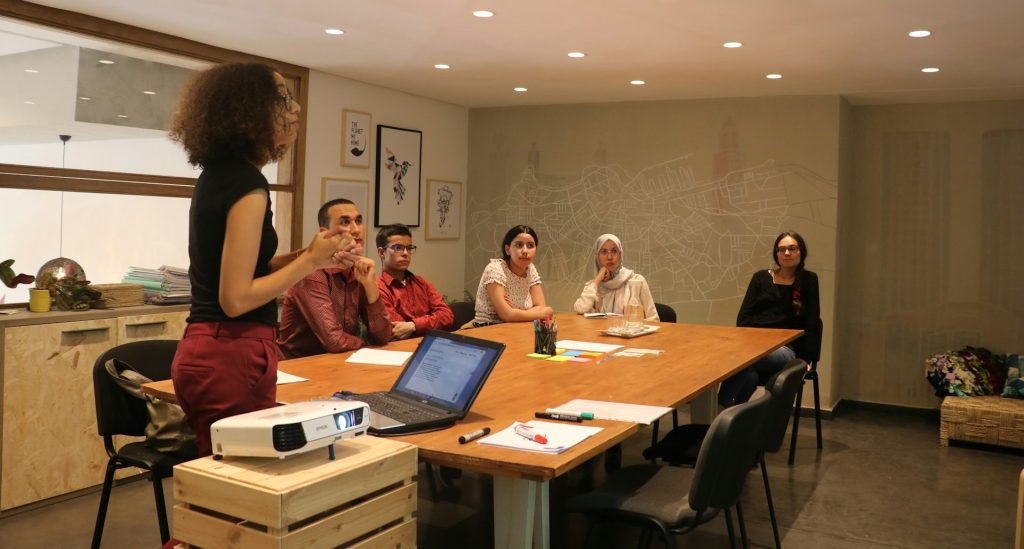Although I have long been acquainted with key figures in the Community of Research on Excellence for All (CREA)—notably Marta Soler, Ramon Flecha, and Lena de Botton—it was only more recently that I began to grasp the full depth of CREA’s intellectual and societal contributions. This realization emerged while reading Flecha’s Dialogic Society and Soler’s Achieving Social Impact: Sociology in the Public Sphere. I confessed to Soler, with no small sense of embarrassment, that I had remained unaware of such a pioneering center even as I was drafting my own book, Against Symbolic Liberalism: A Plea for Dialogical Sociology.
What I discovered in CREA was a model that exemplifies the integration of rigorous academic research with robust public engagement and meaningful policy advocacy. Born at the University of Barcelona and today already an international network, CREA represents a leading paradigm for dissolving the increasingly impermeable boundaries between the university and society. Its scholars understand social impact not as a peripheral aim but as an epistemological imperative—an essential condition for the realization of a vibrant liberal democracy.
CREA’s research philosophy is rooted in a triadic commitment to ethics, truth, and aesthetics, merging the empirical rigor of sociology with the normative insight of moral philosophy. This synthesis is embodied in what Flecha terms a communicative methodology, wherein scientific inquiry is fundamentally dialogical. As he writes, the dialogic society must weave together “the beauty of the arts, the truth of science, and the goodness of human rights,” recognizing their interdependence: “Without science there are no human rights; the rights to health, to education, and all the others can only be real with the contribution of scientific discoveries. Without human rights, science has strict limitations. The benefits of the discoveries do not reach everybody, they do not reach those excluded from human rights.” (Flecha 2022, 79)
This vision is further deepened by Soler Gallart’s critical engagement with Habermas’ theory of deliberative democracy. In her work, she articulates three limitations in Habermas’ model that are transcended through a dialogic framework: “three limitations that are overcome by using the concept of dialogic relationships, which includes (a) placing claims in social structure, (b) considering the ethics of responsibility and (c) accounting for both feelings and desires in the analyses”. (Soler Gallart 2017, 34)
In CREA’s praxis, knowledge production is not a one-way transmission from the enlightened few to the uninformed many. It is not an exercise in Platonic revelation, where the sociologist emerges from the cave to illuminate the shadows for the captives. Rather, the members of this School insist on egalitarian dialogue from the outset, engaging participants as co-creators of knowledge in a shared communicative space that aims to neutralize entrenched power asymmetries.
This is not merely a theoretical commitment. In practice, they have developed methodologies wherein dialogic interaction supplants hierarchical power, fostering genuine consensus. One compelling illustration is their research with the Roma communities in Spain. Here, Roma individuals are not merely objects of study but are integrally involved in the co-interpretation and critical reflection of the findings, embodying the dialogic ethos at the heart of CREA’s approach.
In confronting sexual violence, CREA has advanced a transformative agenda grounded in dialogic sociology. By challenging what it terms Traditional Oppressed Masculinities (TOM) and advocating for New Alternative Masculinities (NAM), they have tackled gender-based violence and bullying in schools and universities—particularly in contexts where a ‘code of silence’ previously prevailed. Their interventions have not only shifted discursive norms but have also contributed directly to legislative and policy changes in Catalonia and across Spain.
What sets them apart is its rejection of the reduction of research to the mere act of publishing in peer-reviewed journals accessible only to a narrow academic audience. This Barcelona School of Dialogic Sociology advocates instead for research that is consequential, research that reverberates beyond the ivory tower. A poignant example is drawn from an EU conference titled “Science against poverty”, where one participant raised a sharp critique: “Investing 3 million euros for research on poverty is only justified if researchers can present evidence that, with their studies, poverty will decrease more than if the 3 million euros are given to the poor themselves.” (Flecha, 2022, 90)
Such a statement encapsulates CREA’s ethos: research as a transformative act, not an academic ritual. Its model challenges scholars to engage with the world not only as analysts but as co-agents of change.
In an era marked by the deepening crisis of liberal democracy and an alarming estrangement between academic institutions and the broader society, CREA offers both a methodology and a moral compass. My hope is that scholars across borders—intellectually and geographically—will engage with this approach, adapting its dialogic principles to local contexts. The wall between knowledge and action, between university and society, must not be fortified but dismantled. CREA shows us not only that this is possible, but how it can be done.
Former president of the International Sociological Association.
Currently a professor of sociology at the American University of Beirut and chair of the Islamic Studies program. He is the editor of Idafat: the Arab Journal of Sociology.


